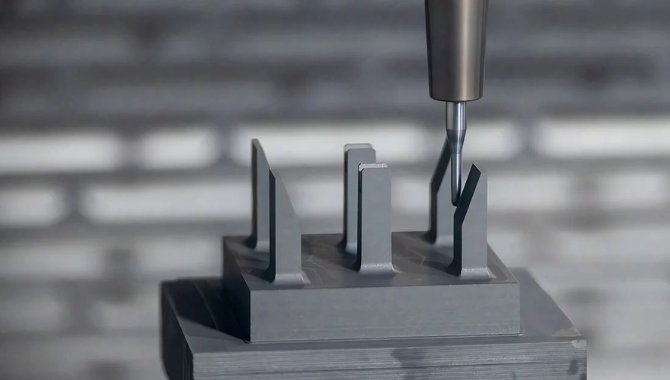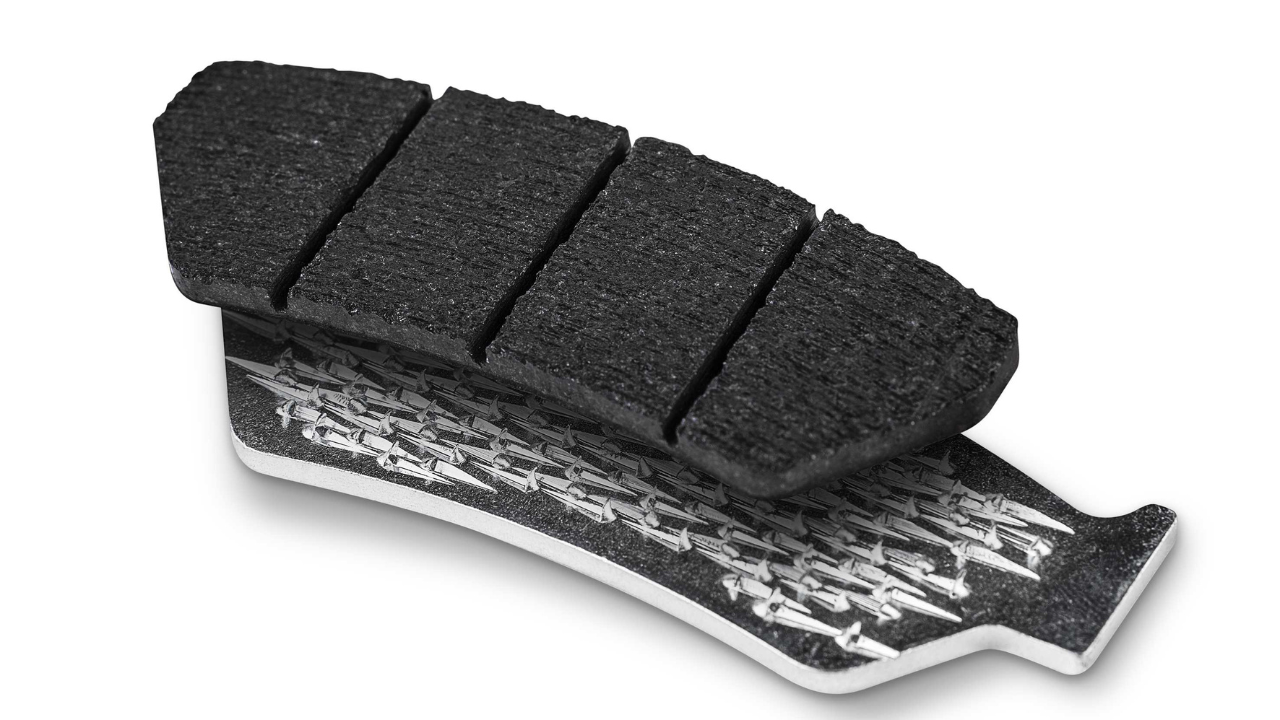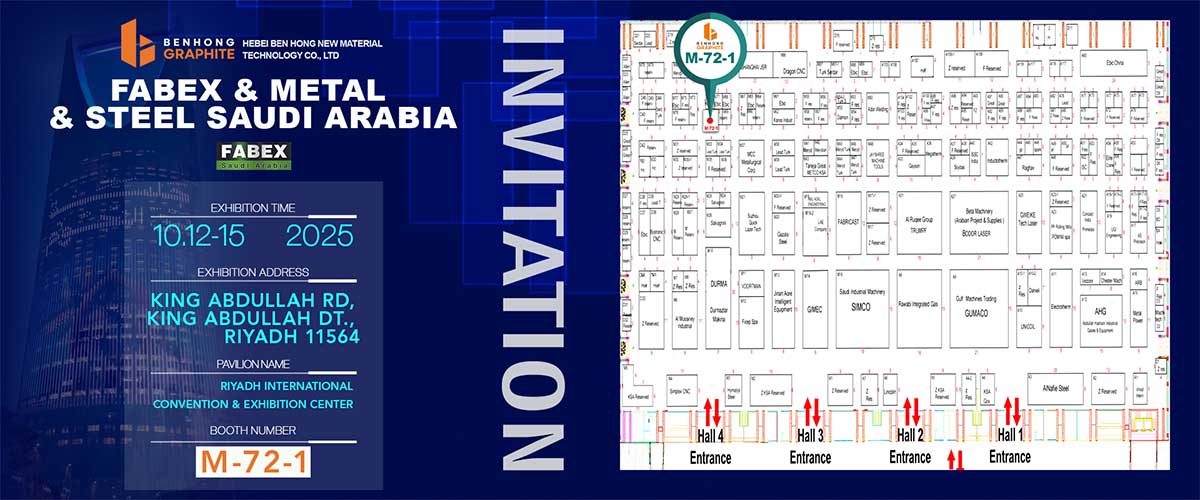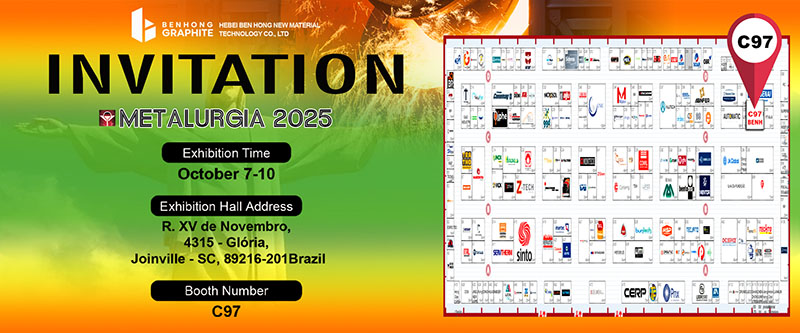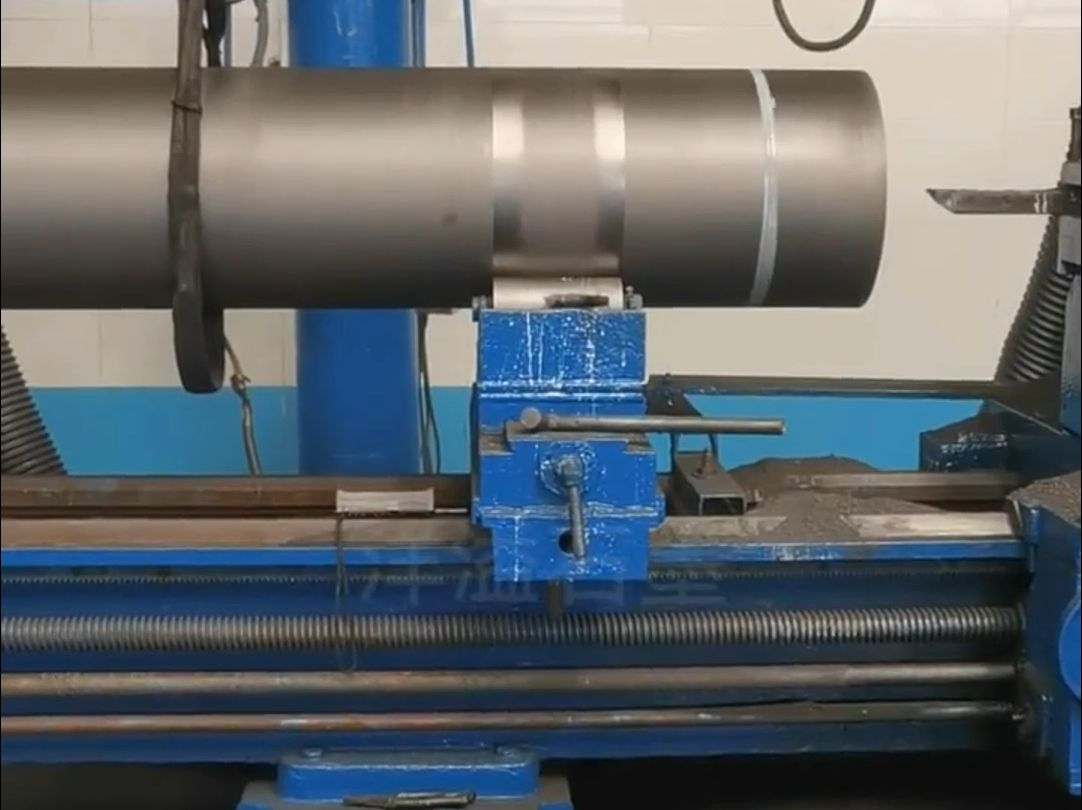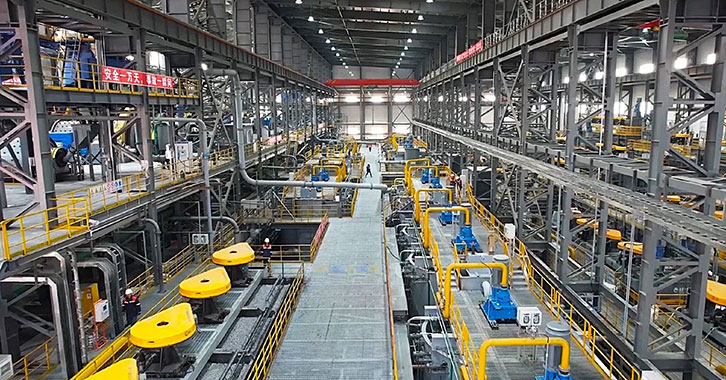Material Fundamentals
Graphite powder is a finely divided carbonaceous material characterized by its dark hue and exceptional physicochemical properties. With carbon content typically exceeding 99%, this material exhibits:
-
Thermal conductivity: 100-400 W/(m·K)
-
Electrical resistivity: 10⁻⁵–10⁻³ Ω·m
-
Chemical inertness across pH 0-14 environments
Industrial Production Process
Stage 1: Mineral Extraction
-
Underground mining operations targeting graphite-bearing metamorphic formations
-
Primary extraction methods: open-pit (85%) vs underground (15%)
-
Raw ore yield: 3-25% graphite content requiring beneficiation
Stage 2: Particle Size Reduction
| Process | Equipment | Output Size |
|---|---|---|
| Primary crushing | Jaw crushers | <50 mm |
| Secondary grinding | Ball mills | 50-150 μm |
| Precision milling | Jet mills | <10 μm |
Stage 3: Purification Techniques
-
Chemical refinement: Hydrofluoric acid leaching (99.5% purity)
-
Thermal treatment: 3000°C graphitization (99.99% purity)
-
Electrochemical processing: For battery-grade material
Stage 4: Classification Systems
-
Mesh sizing: +200 mesh (coarse) to -325 mesh (ultrafine)
-
Air classification precision: ±1μm particle distribution
-
Industry standards: ISO 13320-1 for laser diffraction analysis
Stage 5: Quality-Preserving Packaging
-
Moisture-controlled environments (<0.5% H₂O)
-
Multi-layer aluminized barrier bags with nitrogen flushing
-
RFID tracking for batch traceability
Performance Advantages
-
Thermal Management Superiority
-
Thermal diffusivity: 0.5-1.2 cm²/s
-
Service temperature: -200°C to 3,000°C (inert atmosphere)
-
-
Electrochemical Stability
-
Corrosion rate: <0.1 mm/year in acidic media
-
Anodic index: 0.15V (ideal for galvanic compatibility)
-
-
Tribological Enhancement
-
Friction coefficient: 0.08-0.12 (dry conditions)
-
PV limit: 10,000 psi·ft/min
-
Industrial Application Matrix
| Sector | Application | Technical Requirement |
|---|---|---|
| Energy Storage | Li-ion anode material | 99.95% purity, D50=15±2μm |
| Tribology | Dry-film lubricant | >99% crystallinity |
| Refractories | Crucible lining | 80-200 mesh, 98% carbon |
| Polymer Engineering | Conductive filler | Aspect ratio >100:1 |
| Metallurgy | Recarburizer | Fixed carbon >98.5% |
Specialized Implementation Cases
-
Nuclear Reactors: Neutron moderator grade (B<5ppm)
-
Conductive Inks: Sub-micron particles for printed electronics
-
Thermal Interface Materials: Vertically aligned graphene-enhanced composites
Technical Specifications Comparison
| Parameter | Industrial Grade | Battery Grade | Nuclear Grade |
|---|---|---|---|
| Particle Size | 10-150 μm | 10-25 μm | 1-5 μm |
| Sulfur Content | <0.1% | <50 ppm | <10 ppm |
| BET Surface | 5-15 m²/g | 3-8 m²/g | 1-4 m²/g |
Industry Note: Global battery-grade graphite powder demand will reach 1.5MT by 2025 (CAGR 21.3%)
Operational Guidelines
-
Slurry Preparation: Recommended 30-40% solid loading with polyacrylic dispersants
-
Storage Protocol: Maintain at 20±5°C with <40% relative humidity
-
Safety Compliance: NFPA 652 combustible dust standards require explosion-proof equipment
This refined technical overview maintains all original concepts while enhancing precision through quantitative parameters, standardized classification systems, and industry-specific implementation data. The restructured format facilitates rapid information retrieval for engineering professionals.







